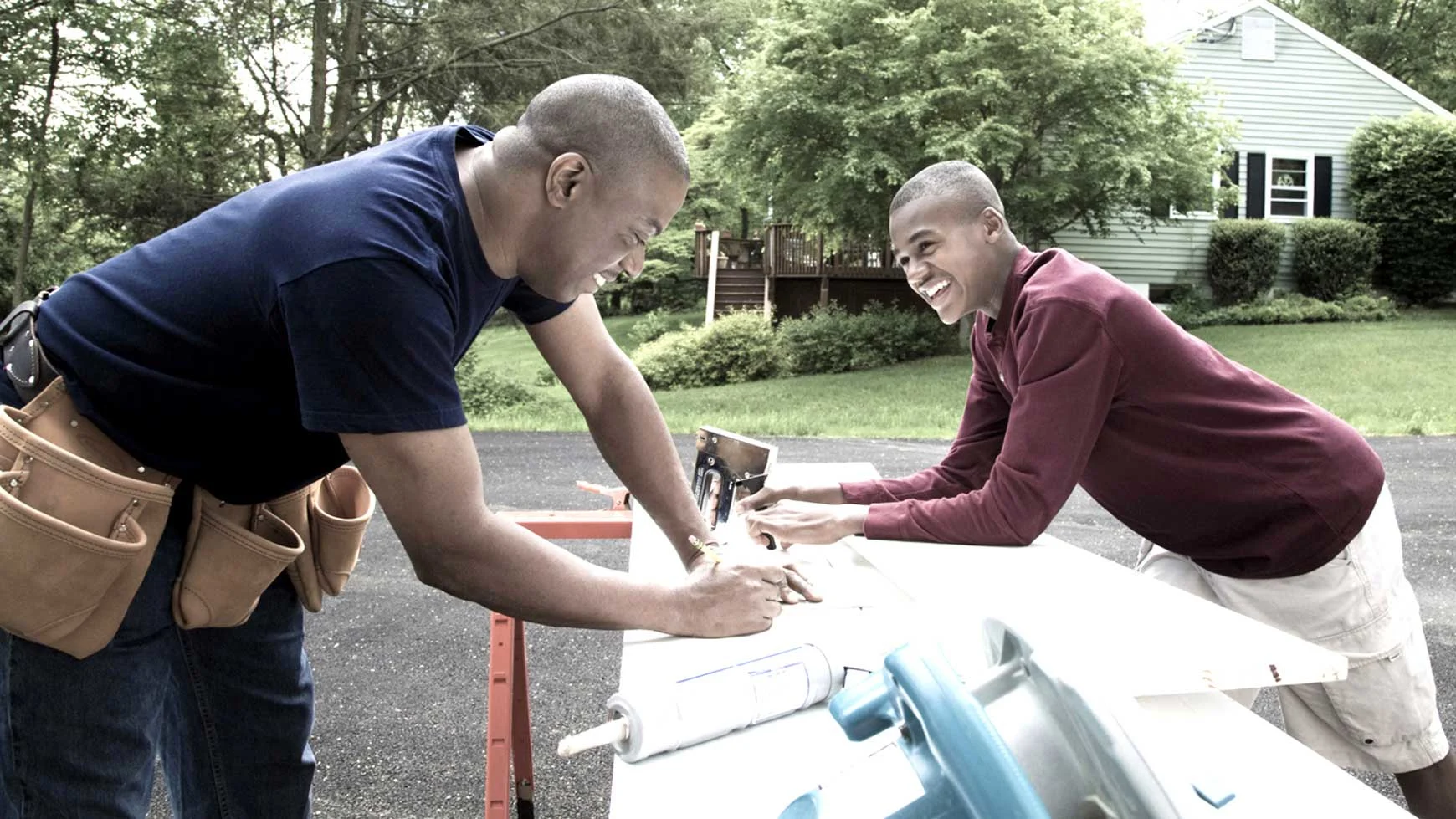Making that first job a good experience for your teen

At a glance
There are steps you can take to make your child’s first job a positive experience.
Being open about learning and thinking differences can help with job success.
Success at a first job can lead to future success in other areas.
For teens with learning and thinking differences, a positive first job experience can be very meaningful. Success at a job can provide a welcome break from the challenges they face in school. It can also boost self-esteem. And whether it’s a paid position or volunteer work, it can help teens build their resumes—which makes them more attractive to future employers and colleges.
You and your teen can do a lot of things to help make that first job experience a good one. Some steps, like helping your teen adjust to his new schedule, can be done at home. On-the-job adjustments will take extra communication.
It can be tempting to contact the employer directly to talk about your child. But try to limit that communication to rare circumstances, such as if you have a personal relationship with your child’s employer or if your child’s maturity requires it. Instead, work on coaching your child about how he can advocate for himself on the job.
Keep the following points in mind as you help your teen make his first exciting move into the working world.
Find the right fit.
Help your teen identify jobs that play to his strengths and interests. For example, if your child has a math issue like but has great social skills, steer him away from jobs that require using a cash register. Instead, he might be more comfortable in a job that uses customer service skills.
Also, consider who may be his boss. Did your child find the person who interviewed him intimidating or unfriendly? If so, that person may not be a supportive or patient supervisor in the workplace. (But remember that the interviewer might not be the direct supervisor.)
Adjust routines before the job starts.
If your child has an attention issue like , changes in routine can be a challenge. Start making changes at home a week or two before the job starts. Encourage your child to go to bed earlier and to start setting his alarm clock or phone to wake him. Adjust medications and mealtimes, if needed, so they work with his new schedule.
Make sure he knows exactly what’s expected of him.
It’s perfectly reasonable for your child to request a written list of what a job will involve. If your child has or another issue that makes reading difficult, encourage him to record the list on his phone. If he has trouble carrying out multi-step tasks, he can ask permission to use his phone to record a video of how certain jobs are done. He can keep it with him at work and watch it when necessary.
Consider being open about learning and thinking differences.
Teens may be sensitive about sharing this information with a potential employer. This is called disclosure. Disclosure is a very personal choice, and it’s certainly not required. But it does have benefits. Most important, it brings legal protections (like ) that come with the .
Tell your teen that his employer is required by law to keep this information confidential. Encourage him to talk to the employer about strategies that will help him to do his job well.
If your teen prefers not to disclose, he can still ask for accommodations. For example, he can ask to record instructions instead of taking notes. He could also request to work in a quiet place if he’s sensitive to noise or is easily distracted.
Focus on preparation and punctuality.
If your child has , encourage him to use the alarm on his watch or phone. It can remind him when to leave for work or when to return from lunch break. Have him lay out his work clothes and pack a bag with whatever else he might need the night before.
Remind him that even if a job is casual, wearing ripped, wrinkled or dirty clothes won’t make a good impression. Encourage him to observe what other employees are wearing and dress similarly. He can even ask his employer for clothing suggestions.
Practice people skills at home.
Being able to work with others is vital to just about any job. If social skills are an issue, do some role-playing at home with your teen.
For example, have your teen ask you for instructions. Then have him practice repeating them back to you to make sure he understood them correctly. Practice basic manners, such as saying good morning and wishing someone a nice weekend. Equally important, remind your teen not to share too much about his problems or personal life on the job.
With some practice and preparation at home, your teen can have a very positive first-job experience. The confidence he takes with him can lead him to future success at school and in a career.
Key takeaways
Finding a job that suits your child’s interests and plays to his strengths is crucial.
Your child can request a written or recorded list of what’s expected of him.
Being open with employers about learning and thinking differences can work to your child’s advantage.


